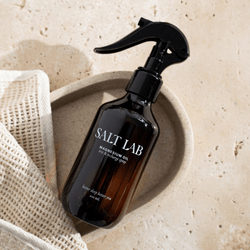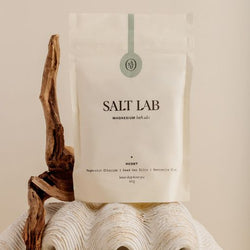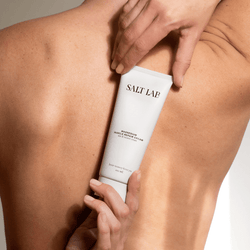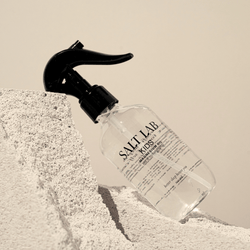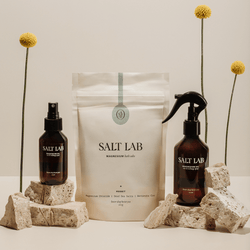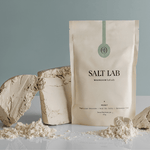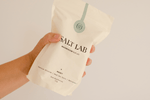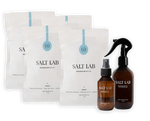Whether you're an athlete pushing your limits or just getting started on your fitness journey, recovery is key to maintaining progress and avoiding injury. One often overlooked element in recovery is magnesium—an essential mineral that plays a critical role in muscle health and overall well-being.
Why Magnesium Matters for Muscle Recovery
Magnesium is involved in over 300 biochemical reactions in the body, many of which directly impact muscle function and recovery. Let's break down some of the key benefits magnesium provides:
-
Muscle Relaxation
- Magnesium helps soothe and relax muscles, reducing soreness and cramping after a workout. When you apply magnesium creams directly to targeted areas, it can provide localized relief, helping your muscles feel more at ease.
-
Energy Production
- Magnesium plays a vital role in converting the food we eat into energy. By aiding in overall vitality, it helps fuel your body for both performance and recovery.
-
Protein Synthesis
- This mineral supports the repair and growth of muscle tissues after exercise. It’s essential for protein synthesis, which is the process that helps muscles rebuild stronger after a workout.
-
Reduced Muscle Cramps
- By acting as a natural muscle relaxant, magnesium helps to reduce muscle tension and cramps that can follow intense physical activity. This makes it an invaluable addition to any recovery routine.
-
Decreased Inflammation
- Magnesium has anti-inflammatory properties that can help lower inflammation levels, reducing joint and muscle discomfort. By modulating the body's inflammatory response, it not only alleviates pain but also speeds up the healing process.
-
Better Sleep
- Quality sleep is crucial for muscle repair and overall recovery. Magnesium supports better sleep by promoting relaxation and aiding in the production of melatonin, the sleep-regulating hormone. Incorporating magnesium into your bedtime routine can lead to more restful sleep and, in turn, better muscle recovery.
-
Boosted Hydration
- Magnesium plays a key role in maintaining electrolyte balance, which is vital for muscle function and endurance. Proper hydration allows your muscles to perform efficiently and recover more quickly after physical activity.
How to Boost Your Magnesium Intake
Integrating magnesium into your recovery routine can be simple and effective. Here are some easy ways to increase your intake:
-
Magnesium Creams: Applying magnesium creams directly to sore muscles can provide targeted relief and help reduce tension.
-
Magnesium Bath Salts: A warm bath with magnesium salts is an excellent way to relax sore muscles and ease tension after a strenuous workout.
-
Magnesium-Rich Foods: Incorporating magnesium-rich foods like leafy greens, nuts, seeds, and whole grains into your diet can help maintain adequate levels of this essential mineral.
By making magnesium a regular part of your recovery routine, you can experience these impressive benefits and support your body’s natural healing processes. Whether through diet, topical application, or a relaxing soak, ensuring you get enough magnesium is a smart move for anyone serious about muscle recovery and overall wellness.
